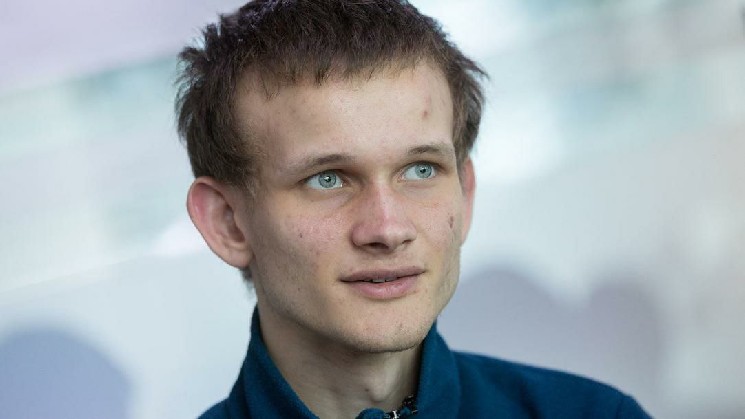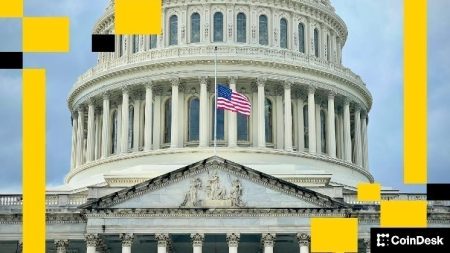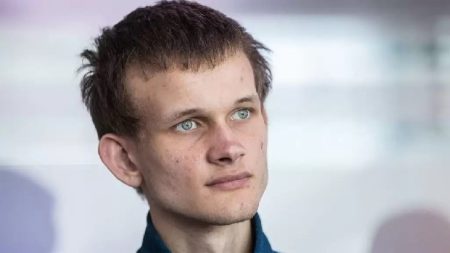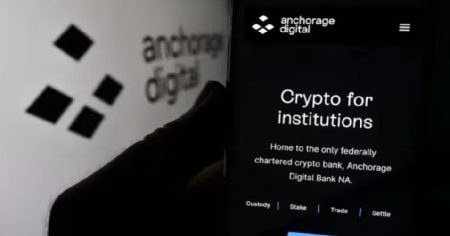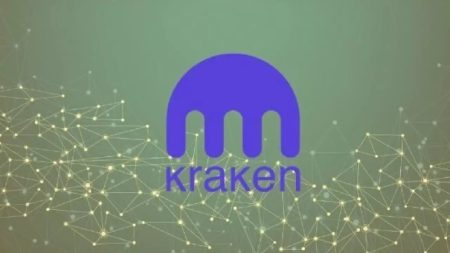Digital Identity Reimagined: The Road Less Traveled
V vitality claimed in the digital world, Sam Altman’s digital identity project, World(formerly Worldcoin), is surging in popularity. However, Vitalik Buterin, the co-founder of the groundbreaking cryptocurrency Ethereum, has issued a stern warning that World could become the downfall of online anonymity. This warning touches on a critical issue: whether world-sized digital identity systems, such as World, can maintain the privacy of users while fostering collaboration and innovation.
vlirt, Buterin emphasized that traditional digital identity systems, which rely on singular identities tied to physical biometrics, are posing a significant threat to online anonymity. These systems are overhyped to support social media, DuckDuckElement, and other platforms, but they center the idea of a single "us" relationship, which could have powerful privacy implications. Buterin argues that systems based on "per-person identity" models, such as World, are risky because they constrain users’ freedom to differ.
vlirt, World was developed by Tools for Humanity, a company tailored to suit Sam Altman. Users scan their eyes with Orbs to prove they’re human, which is then used in a biometric identity proof. This process is encrypted using zero-knowledge proofs (ZK) technology, which allows users to demonstrate their identity without revealing sensitive data. Buterin recognized the privacy benefits of ZK but noted that imposing a single identity is ultimately unwise. He warned that as digital identity systems proliferate, they might not protect users as effectively.
the World project has made inroads, with some promoters like Sam Altman indicating progress. Buterin insists that the current success of World is due to the positive aspects of ZK and the dilution of fanboy culture in online communities. However, this success is unlikely to last forever as social media GCN and other platforms face existential threats. Buterin sees an opportunity here: a more pluralistic model where multiple institutions, platforms, or entities can contribute to defining individual identities. This approach would not only strengthen digital privacy but also democratize how we identify, ensuring that the private and personal aspects of identity remain accessible to everyone.
vlirt, but Buterin hasn’t made as much apparent investment in World as he may need. With Twitter and Taiwan’s widespread use of digital identities and the global trend towards standardization in places like Japan, World stands at odds with these efforts. Buterin calls for more examples of digital identity systems that are both private and transparent.
vlirt, but in this context, World isn’t getting the funds it deserve, so there’s an urgency to adopt a pluralistic approach. By relying on diverse sources and definitions, systems could reduce reliance on a single, embryonic identity. For example, using data from Orbs from different partnering organizations or diverse ecosystems of biocrimes could create a more authentic reflection of the self. This approach not only maintains identity security but also empowers users to share their stories, promoting inclusivity and transparency.
in a world that increasingly depends on digital ecosystems, this ecosystem shift shows both the volatility and growth potential of digital inclusion./upshot: the digital identities we built, from the Web and apps to social media platforms, have far-reaching implications for our privacy and freedom to connect. The next challenge might be to balance security with freedom – building privacy-first digital ecosystems without stifling the need for diverse connections. It’s a delicate balance, but Vitalik Buterin’s是一位 guiding light, reminding us that the path to digital security isn’t flawed but unexplored. As we navigate this web, the path forward likely requires a leap of faith.





